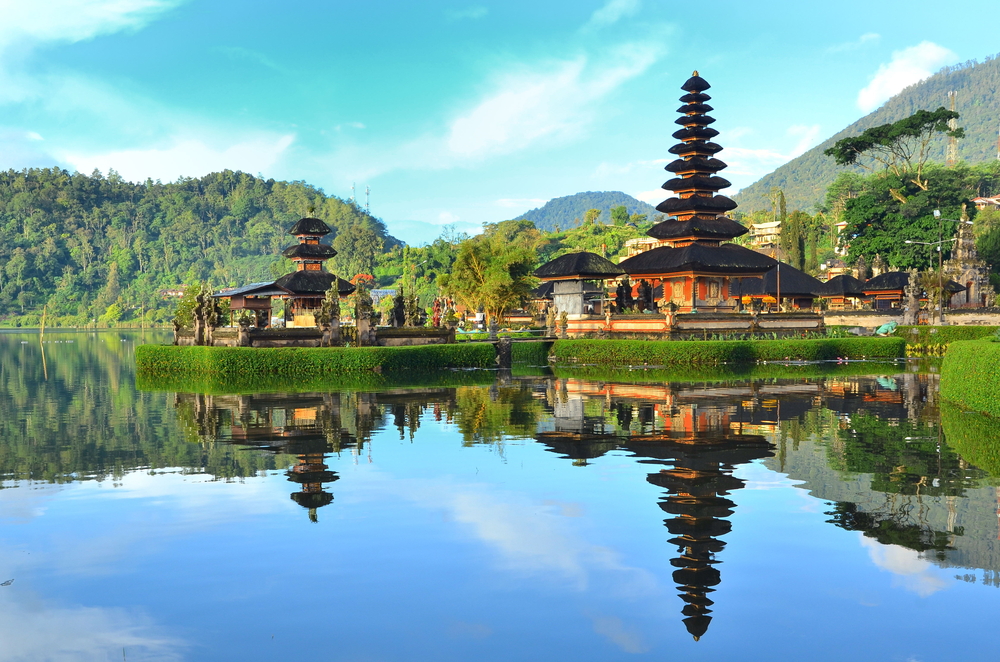It’s no longer just Bali: Indonesia earmarks USD 258 million to boost tourism sector

With plenty of space in its more than 17,000 islands and an abundance of natural attractions, Indonesia is in a perfect position for post-COVID travel. In order to restart its profitable tourism industry, the government earmarked IDR 3.8 trillion (USD 258 million) to develop quality destinations and launch new marketing initiatives.
The budget is intended for social media campaigns with the hashtags #DiIndonesiaAja and #IndonesiaCARE, as well as various promotional programmes, such as Bali Rebound on July 7-15, Mandalika Rebound on July 16-17 in West Nusa Tenggara, and Likupang Rebound on July 22-24 in North Sulawesi.
Amid the lingering fear of the virus, tourists are leaning towards nature-based destinations like Bali, Toba Lake in North Sumatra, and Labuan Bajo in East Nusa Tenggara compared to urban cities.
Domestic tourism push
Knowing that domestic tourism will be the first to bounce back once travel resumes, Wishnutama Kusubandio, minister of tourism and creative economy, is encouraging Indonesians to explore their “backyard”. The country is shifting its full focus in tapping on Indonesia’s vast domestic market. Wishnutama aims to develop more tourism villages in order to spread out the tourists for the intended physical distancing.
“In 2018, 8 million tourists from Indonesia spent USD 9 billion overseas. That is a potential. If they spend (that amount) in Indonesia, Indonesia’s tourism will rebound,” he said.
An increase in purchasing power of citizens, coupled with the country’s huge population, means that the potential of the domestic tourism market should not be underestimated.
I Wayan Koster, governor of Bali, said 6.3 million foreign tourists visited Bali in 2019 and contributed IDR 116 trillion (USD 7.8 billion) to the island. However, that total revenue was nearly matched by 9.8 million domestic tourists that visited the island the same year.
The crown destination of Bali reopened to locals on 9 July and is reopening for international tourists on 11 September.
“Our economy will be stronger and more sustainable if we (Indonesians) visit (tourist destinations within the archipelago), rather than if the country depends on the arrivals of foreign tourists,” Koster said.


Comments are closed.